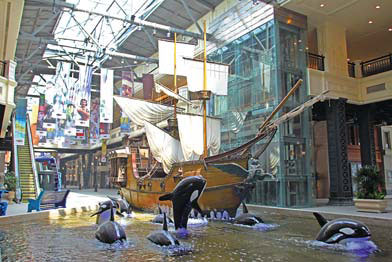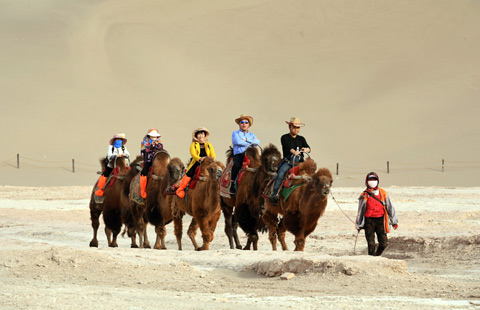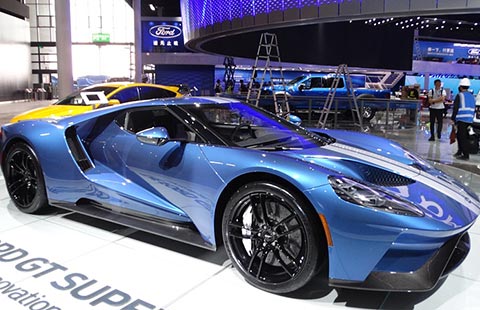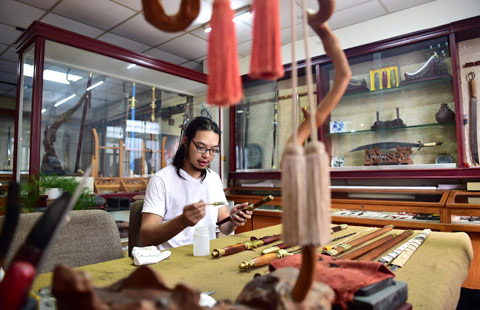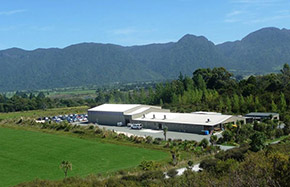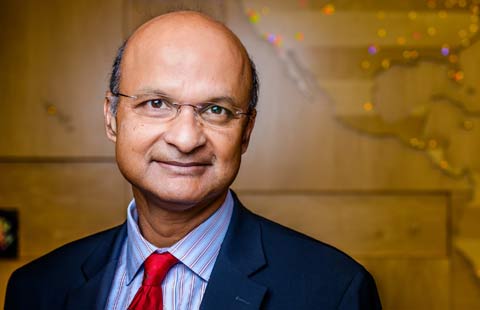Wuxi Studio brings modern film production to city
|
Wuxi Studio, a filmmaking base that is also known as Huallywood, operates from an old steel mill. |
Hollywood sits in a valley, with plenty of sunshine and all sorts of topography nearby. "Huallywood", if it can be so called, is very different. It is encased in an old steel mill next to a wetland. It occupies only 6 square kilometers - that's when all the planned construction is completed, but nothing you've read about it will prepare you for an on-the-ground tour.
In a word, it is chic, which means artist types may be at home here.
When the Xuelang Steel Group vacated the place, local authorities did not rush to raze its dilapidated facilities. Instead, they spent money to preserve the frames of the 180,000-square-meter buildings. But the innards have been rebuilt to accommodate studios of every kind, especially those related to film production and post-production.
Unlike scores of backlots-cum-theme-parks across China, Wuxi Studio, which is Huallywood's official name, is not heavy on outdoor or location shooting. Rather, it has set its eye on the future, which is digital filmmaking. A couple of mammoth soundstages are under construction, but most of the stages are smaller in scale and fit for inserting virtual backgrounds. As most of the big-budget movies, especially those of the fantasy genre, employ sets and backgrounds that don't physically exist, this segment of the industry is significant.
Wuxi Studio is not one studio. It is an industry park that will eventually house 500 firms. Speed Power, the Beijing firm that worked on Painted Skin: The Resurrection, the runaway hit of summer 2012, is one of 60-plus companies that have already settled here.
The park is recruiting only those firms with high technologies related to filmmaking. Dozens of US, Canadian, Australian and British firms have already set up shop. More have signed up. The soundstages are managed by an international company. There is a support industry that provides financial services and auxiliary services, such as securing permits and training talents.
Wuxi Studio's true competitor is China Film's Huairou facility in the northern suburbs of Beijing, which has integrated support services as well as easy access by stars. However, Beijing is a very expensive city for the techie crowd, and the Yangtze River Delta produces armies of such talent. Shi Juan, general manager of the company that develops and manages the park, said these factors have made it possible for another hub to emerge in southern China. The livability and affordability of a medium-sized city like Wuxi, close to Shanghai, have provided a unique advantage to those seeking an alternative plan for their firms or those who want to relocate outright.
Artists manipulating digital images or sounds do not need to toil in warehouses or bungalows. Here, a hangar-like facility has been converted into an indoor street with cafes and eateries. In the center of the park is a lake where water shoots up at night to form a screen for movie projection. Not far is the wetland with a 10-km river and 80 hectares of water, rustic in its beauty and subtle in its human touch. The 260-hectare Changguangxi Wetland Park is among the top 10 such urban parks in the whole country. Here, nature at its most pristine is a walk away, and all urban amenities are a short drive away.
Many mistake Wuxi Studio for the theme parks built by China Central Television along the coast of Taihu Lake, also known as Lake Tai. Those were built in the 1980s and 1990s for CCTV's production of The Three Kingdoms and Outlaws on the Marsh. The period architectures attract hundreds of crews and millions of tourists each year. They have also been called "Hollywood of the East" from time to time, and they are among the select few of all in the country that have been well managed and in healthy operation. Most such parks or backlots have either closed down or are in ruins, giving a bad name to anyone who aspires to be the Hollywood of China.
With 10 billion yuan ($1.6 billion) earmarked for the project, Wuxi Studio will not become a theme park, but it will surely attract visitors, who do not need to buy a ticket to get in, and, more likely, it'll attract an army of wizards who can turn a figment of imagination into an image that can laugh and cry and move you to tears while skipping the physical re-enactment. That's business for the future.






